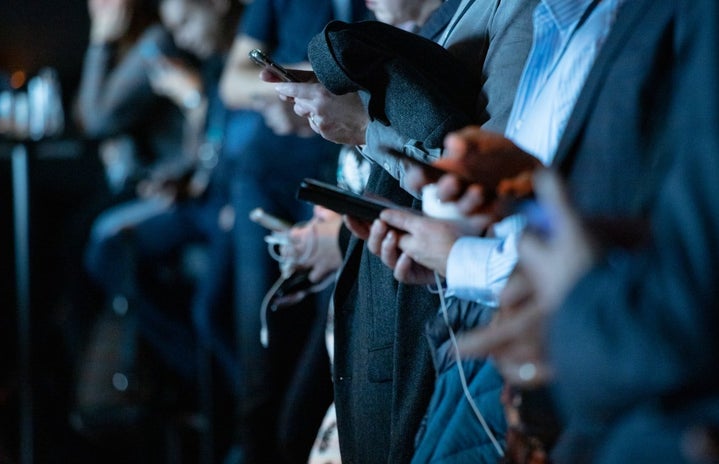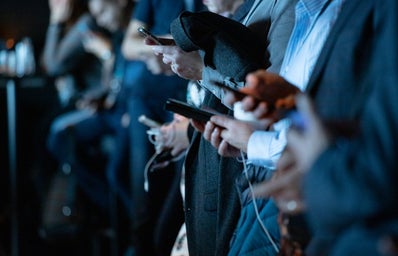I saw a TikTok the other day that sent me down a thought spiral about how social media affects the way we live our lives. The TikTok was a stitch from another creator making fun of something most younger generations can relate to: commenting and tagging your friends on posts saying “omg we have to do this!” and subsequently lying in bed all day doing nothing. The TikToker @lydialoo121 had a really interesting take on this post, relating the paralysis of living our lives to the paradox of choice. As an Economics major who often disagrees with the models of human behavior taught in my classes, this topic sat heavily with me.
In Western society, the belief that more is always better plagues every aspect of our lives. We are always trying to optimize output, creating as much as we can, and similarly having as much variation as possible. Our economic system is built on the idea that the abundance of choice is a good thing. This system proposes that if we give people more choices, they are given more freedom to make decisions on behalf of their own personal welfare so no one has to make decisions for them. It is the thought process that to maximize welfare, we have to maximize freedom, and to maximize freedom we have to maximize choice.

This idea has been met with an alternative theory: the paradox of choice, which says that when we have this overwhelming abundance of choice, it becomes harder for us to make decisions. Ultimately, this abundance leaves us unsatisfied, since we’re always thinking about the alternative options we could have chosen.
Barry Schwartz, and American Psychologist and expert in social theory has done extensive research on the paradox of choice. In his TED Talk on the subject, he mentions a study done on voluntary investment in retirement plans. The study found that for a giant company of about a million employees, offering 50 mutual fund options compared to five options causes a 10% decrease in employee participation. Why? Because with so many funds to choose from, people put off making the decision until they never make it. As a result, they pass up as much as $5,000 a year from the employer all because choice becomes a heavy burden when we face too many options.
This abundance of choice leads us to think about the opportunity cost of each moment. When we make one decision, what other options are we giving up? When you decide to go roller skating with friends, you are giving up the opportunity to go on a hike, catch up on school work, or start a new book. This endless thought process continues.

Comparing this paradox to social media, the endless feed of people sharing their lives online makes us hyper-aware of the millions of different ways we could be living our lives, leaving us paralyzed in bed scrolling. The endless possibilities of what we can be doing at any moment multiplies when social media shows us the way other people are choosing to spend their time. This leads us to compare our choices with others and causes dissatisfaction with our own lives.
This comparison and hyper-awareness are contributing factors in the overwhelming increase in anxiety and depression among younger generations. We become anxious about the decisions we aren’t making, and subsequently trapped in a pit of discontent. Our identity has become a matter of choice. But when the choice of forming an identity becomes an overbearing weight to carry, we are left in a state of idleness, unable to make choices. And if we aren’t making choices, we aren’t forming identities.



